The Museum of Knowledge highlights how to identify different accents in France when learning French.
Identifying the Parisian accent
Standard French is the Parisian dialect. However the Parisian accent is very well defined. Parisians speak quickly and they enjoy highly accentuated tones. A flowery dialect that stands apart from the rest of the country, most language providers that emphasize speaking and listening in their language learning programmes will utilize the standard Parisian accent for the purpose of learning.
Identifying the French accent from the South of France
In the South of France in regions such as, Lyon, Nice, and Provence the speed of spoken French is slightly slower but the accent is different with words and phrases not always pronounced as clearly as they would be by a Parisian speaker. Paris is definitely more in line with standard French in terms of accents.
Other French-speaking regions with slow-speaking dialogues include West Africa, but the dialect in this region is slightly different. Language learners can assess different tones and accents and make a final decision on what is more important when learning a language; speed or accent.





